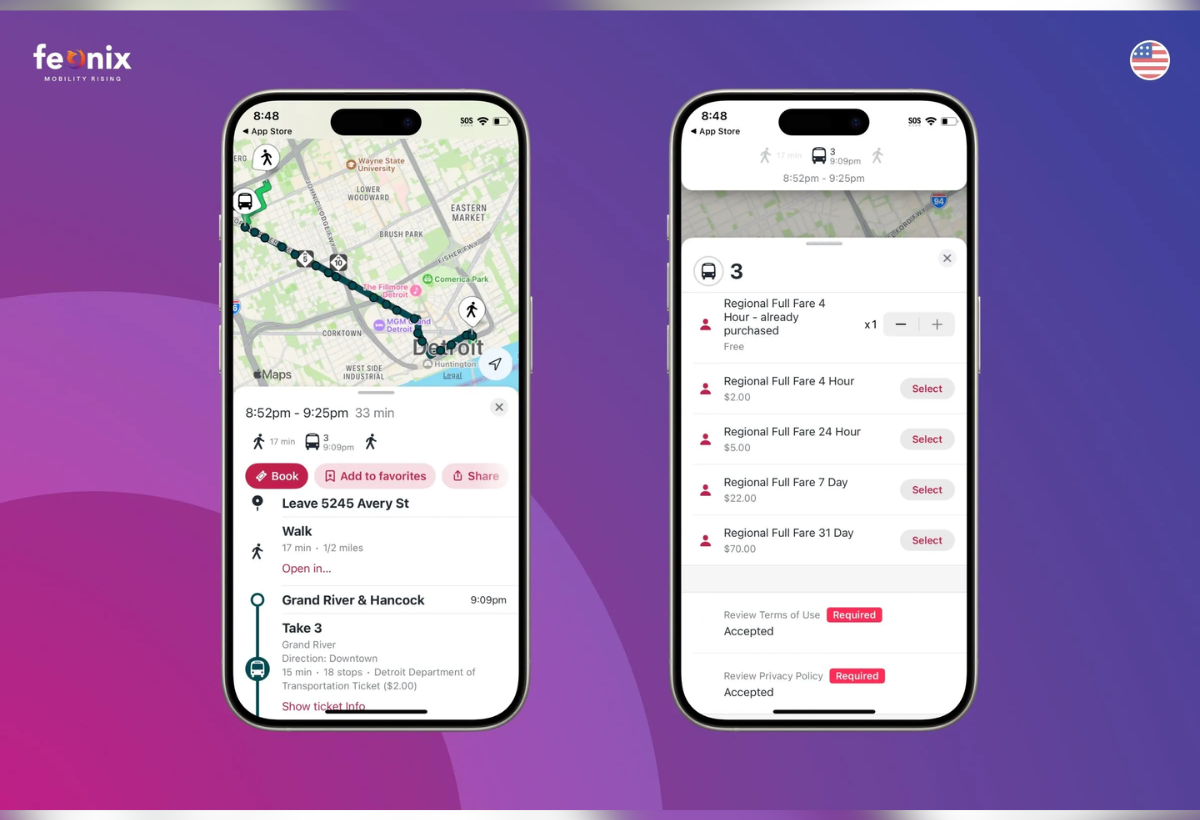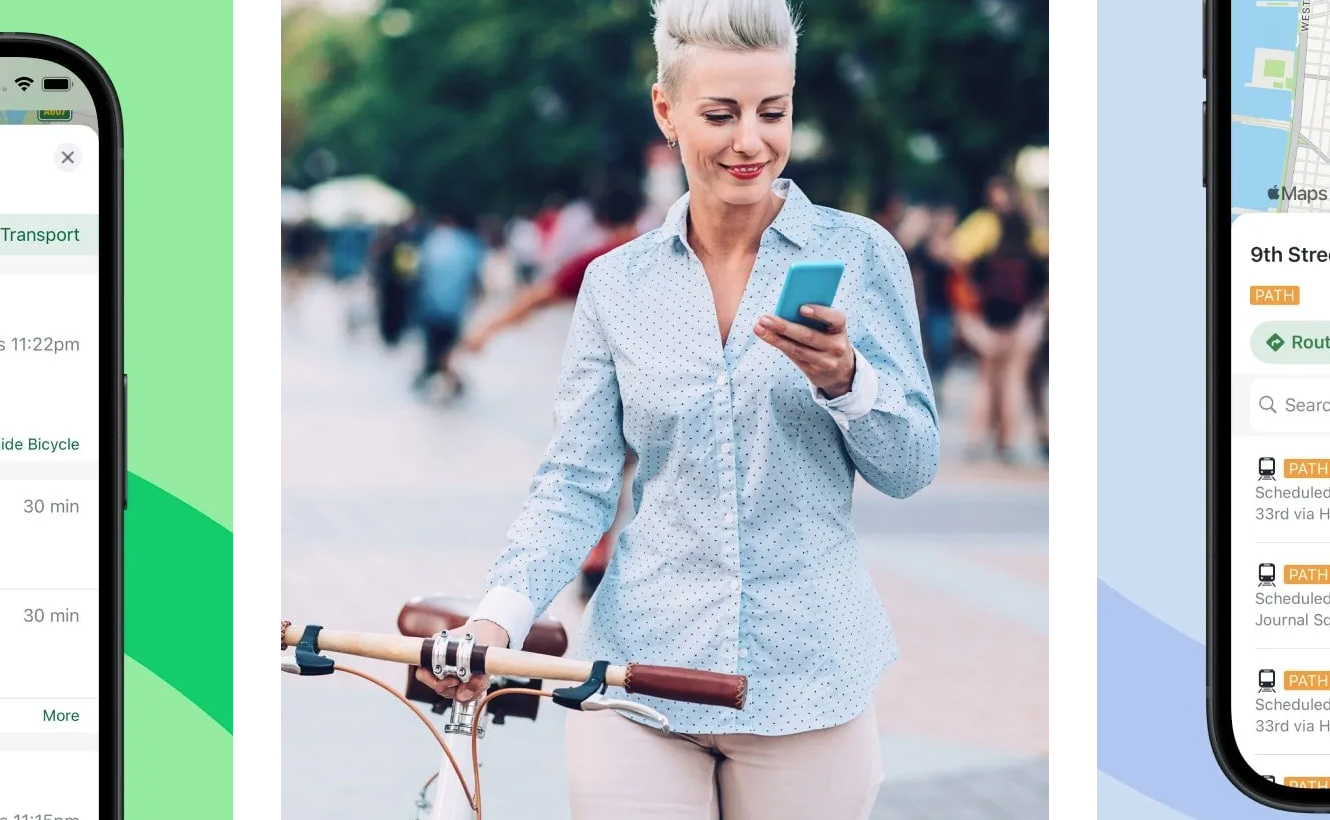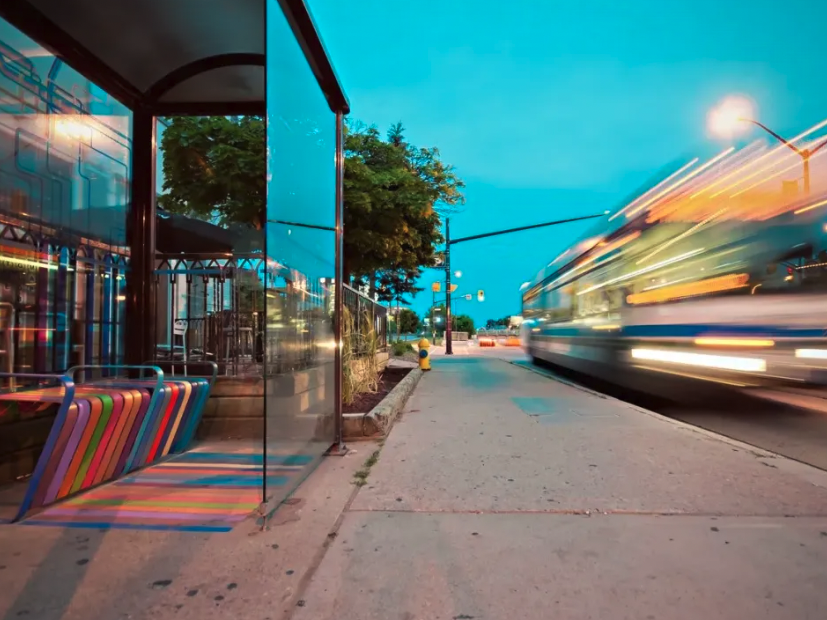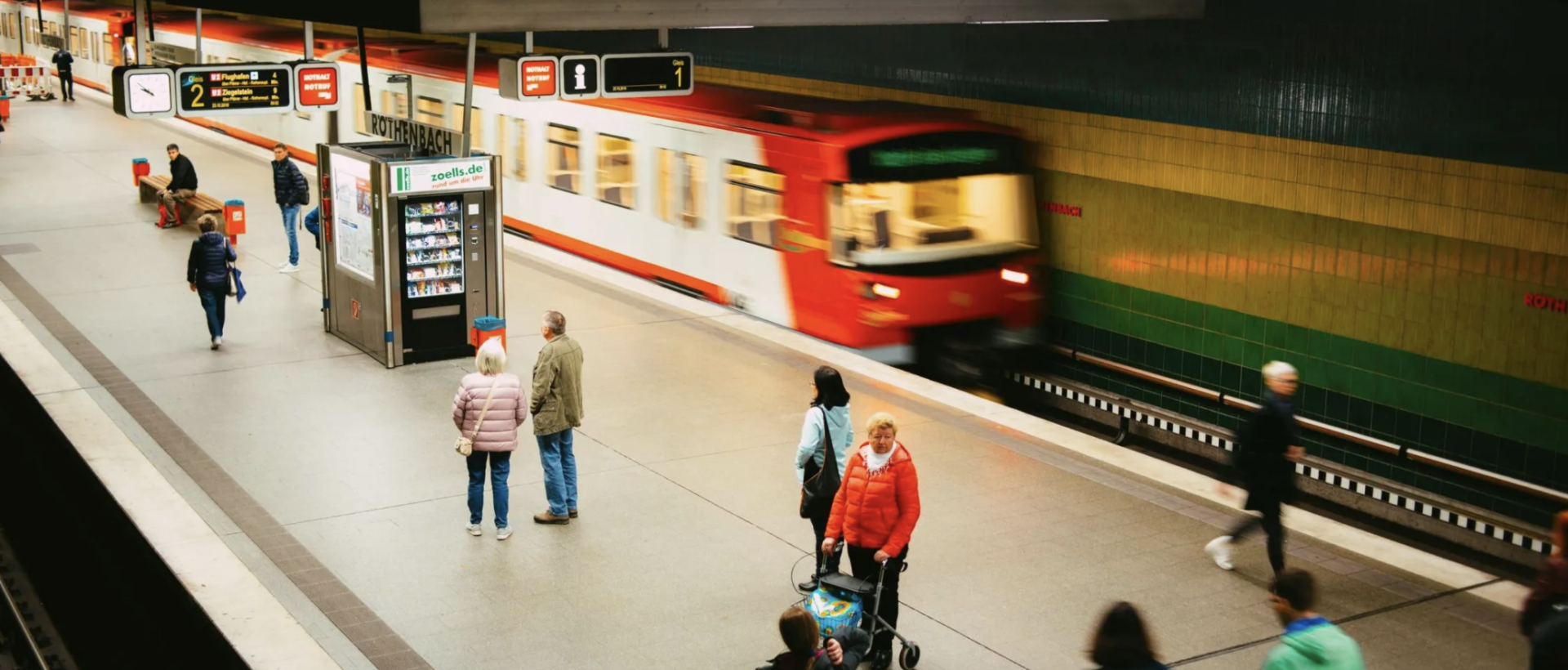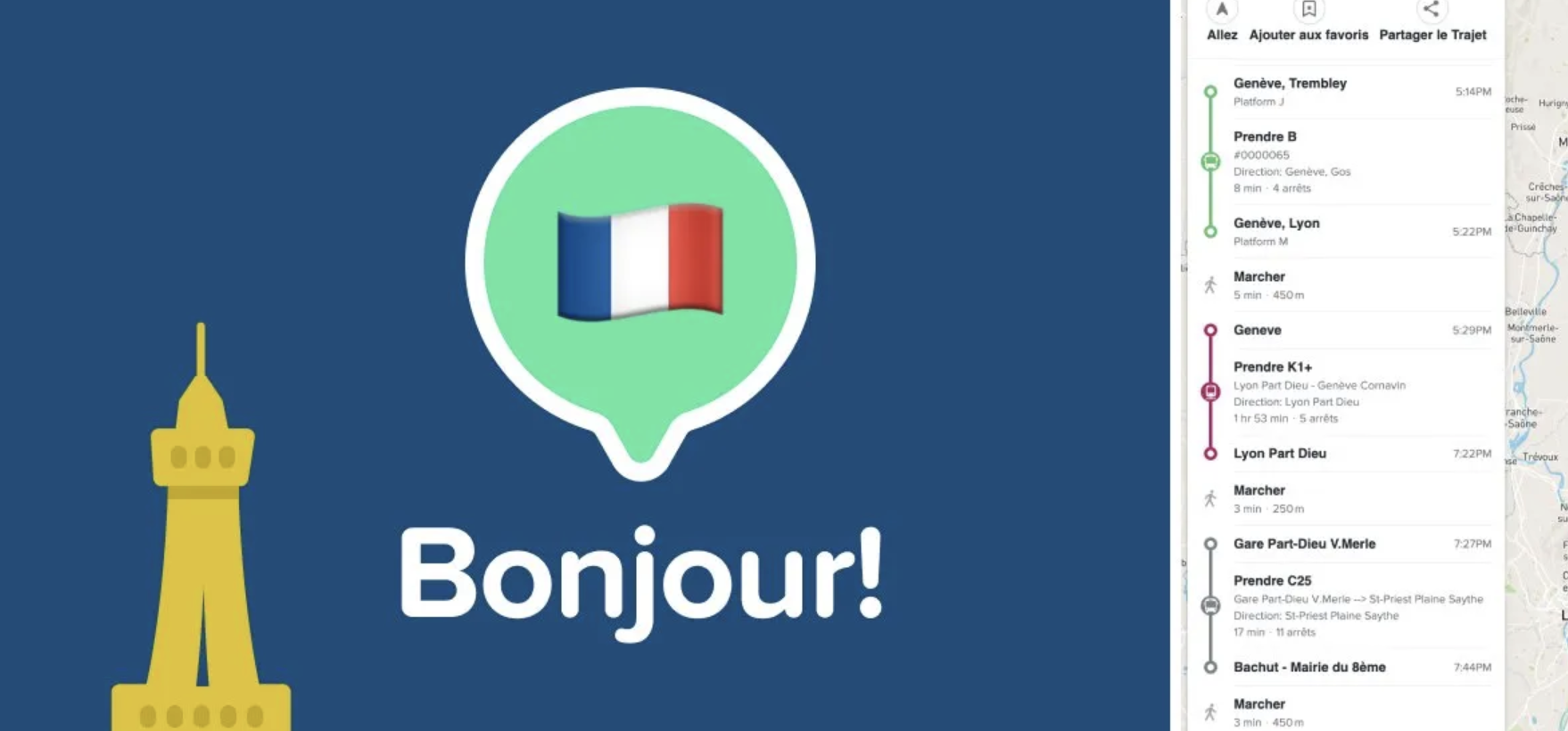MaaS Use Cases #8: Providing a More Inclusive Approach to Transport
Inclusivity goes hand-in-hand with our previous articles in this series (especially part 1 – accessibility), ensuring that no one is excluded from our transport systems because of demographics, age, ability or income. Not only can MaaS help the individual concerned, it can also help government departments that are there to support them, alongside public transit authorities (PTAs) and transport providers.
Lack of transport is a barrier to employment as opportunities often require travel for interviews, commuting to and from the workplace or even constitute part of a role. This makes it difficult for unemployed people who don’t have access to a car and for whom transport is either not available, unreliable or cost-prohibitive (Government Office for Science). Likewise, the unbanked need to have alternative payment options to support their mobility needs. MaaS apps could offer account options to pre-load credit to pay for travel. There are first steps being made in this direction, with implementations of contactless cash options in places like Dayton, Ohio and Las Vegas, Nevada.

Of course, transport not just for employment opportunities but also healthcare visits, school runs and seeing friends and family – something which many of us take for granted.
People on low incomes could also be provided with smartphones so they can access transport services. Given the high quantity of technology we discard each year – 50m tonnes of e-waste with more than $62.5bn annually (UN) – many devices might potentially be refurbished and reused. In the US, a government assistance scheme called Lifeline (FCC) provides free phones and monthly data, minutes and texts to eligible individuals. With schemes such as this, MaaS accounts could link to government or organisational support for people who may ordinarily be excluded due to socio-economic reasons. This could include access to free or subsidised transport for people on social security, the provision of mobility credit (West Yorkshire Combined Authority) or linked to child care for single parent or low-income families.
Director of Strategy at Cubic Transportation Systems, Crissy Ditmore, said:In many cases private entities are starting to offer more equity-driven solutions because they realise that’s a big business opportunity for them to expand their user base. Government is starting to help the private sector understand how to come together to work to solve community needs together.
As this article argues, often transport is also more designed for commuter needs than for families. This particular study was done in Ireland, but most of the findings are widely applicable elsewhere too. Things that are crucial for women or families when considering whether/where to take public transport, but are often seen as optional or ignored completely, such as child facilities or safety features, make a great difference in transport use. In these cases, the flexibility a MaaS system provides is especially crucial. An individualised MaaS app can also highlight relevant features based on user preferences.
Inclusive MaaS in Practice
Scenario: Jeff is a single parent of three young children who was recently offered a job. He doesn’t have access to transport but through a government scheme, Jeff uses a smartphone that links his MaaS account profile to subsidised travel for low-income families. He can also access a car share scheme within his local community to get to and from his place of work, dropping the kids at school on the way.
Real-life examples: A Washington DC transportation as a service pilot enables low-income individuals to access under-utilized vehicles. According to Urban Transport Group, ‘only 40% of taxis and ride-hailing vehicles are occupied at any one time.’ The aim is to help those on low income, with reduced mobility or the elderly to access transport at a price they can afford. Another example is Rail Delivery Group (RDG) which created an app for customers to book, change or cancel travel assistance requests. Transport employees could see changes or delays to services too.
Who Does Inclusive MaaS Help?
- Governments including employment and business departments
- Public transport authorities
- Transport providers/operators
- Charities and not-for-profit organisations who support inclusivity
- People on short or long-term unemployment
- Single parents or low-income families
- Citizens living in rural areas
Questions to Ask Yourself
- Which citizens or members of your community are under-represented? How well are women’s transport needs in particular met?
- What aspects of travel are they struggling with and how do they currently manage these issues, if at all?
- What changes would make travel easier for them?
- What role could your organisation play in supporting this community further?
- How could you employ MaaS to help them access the necessary services?
Answering questions like these will help you figure out how you can best support citizens and make travel more inclusive. If you run a charity, not-for-profit, government body, public transit authority or other organisation, feel free to get in touch if you’d like to discuss how SkedGo could help you serve your passengers and travellers better.
This article was originally published by SkedGo Pty Ltd.


